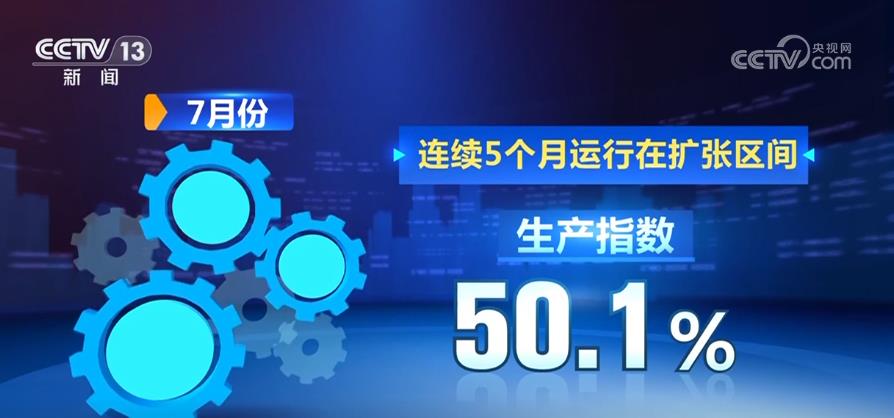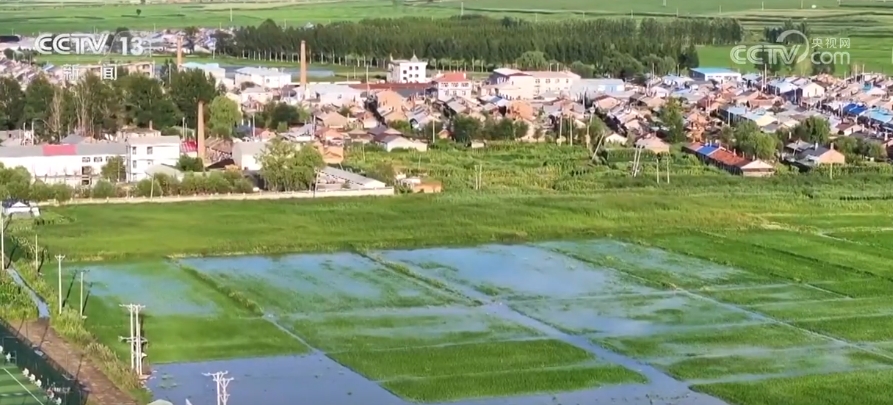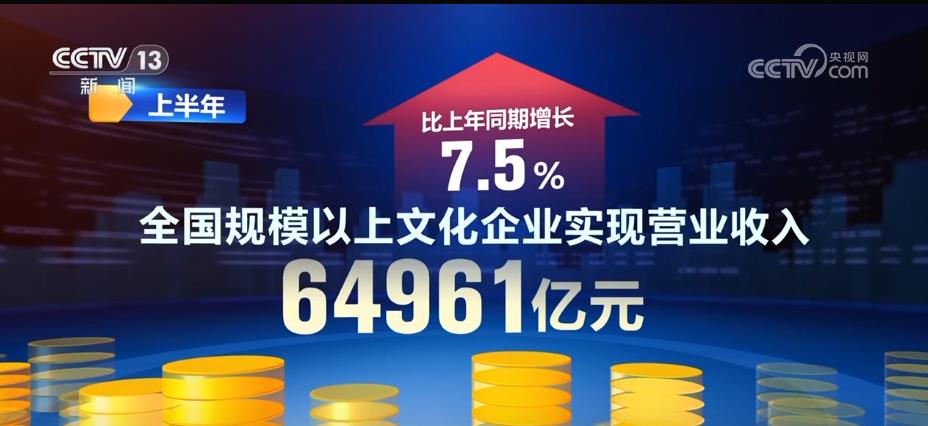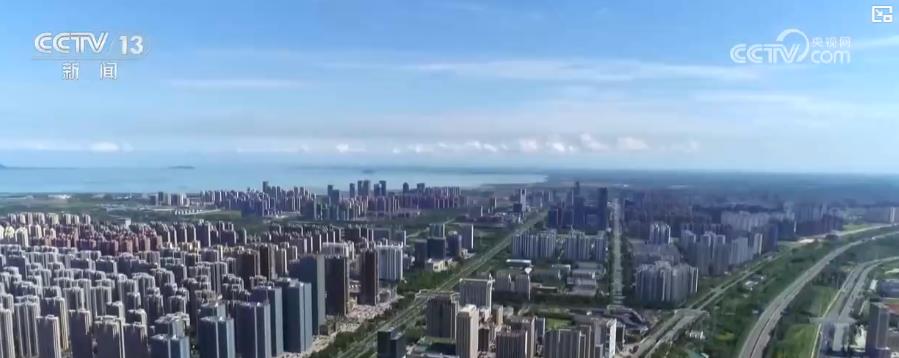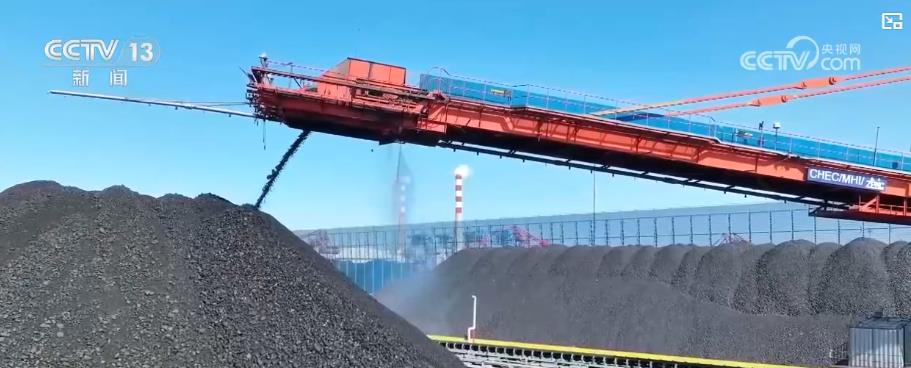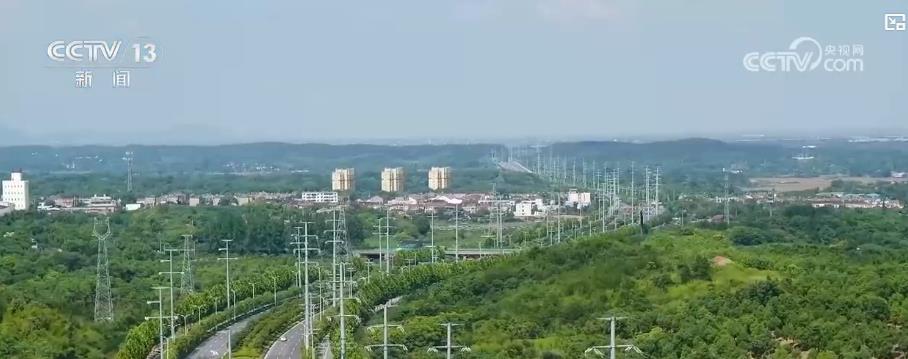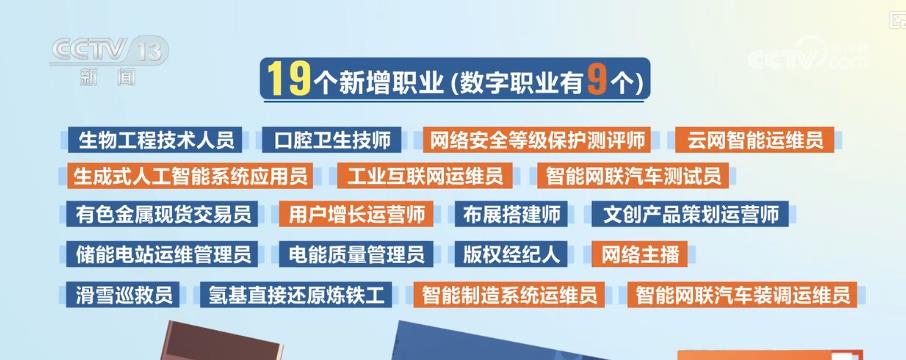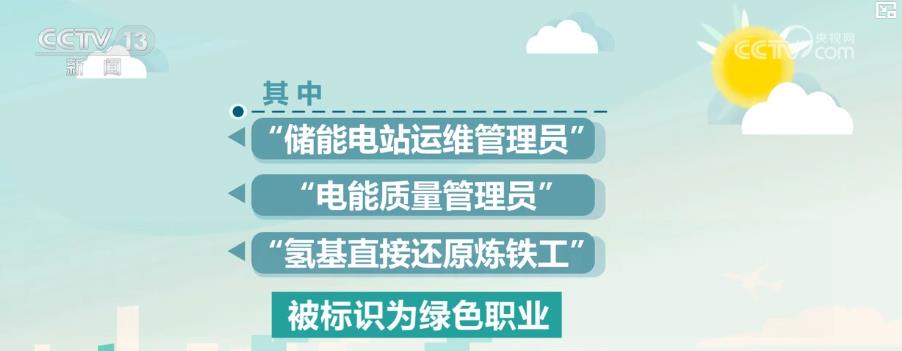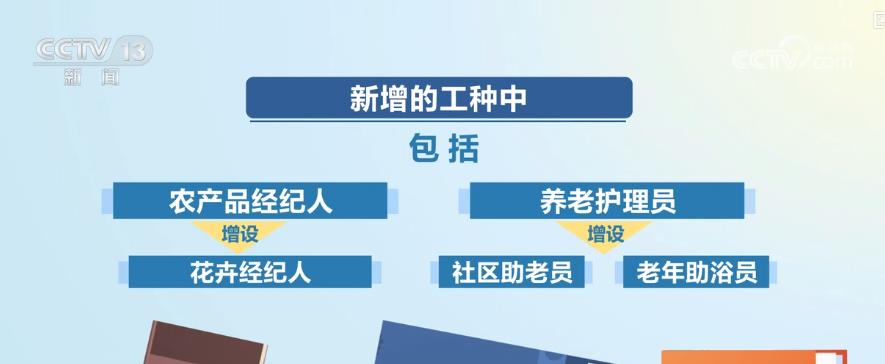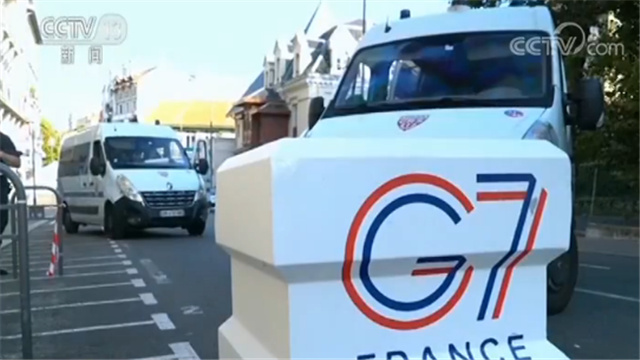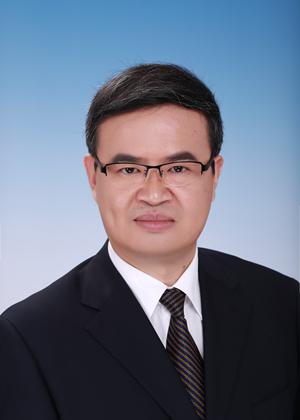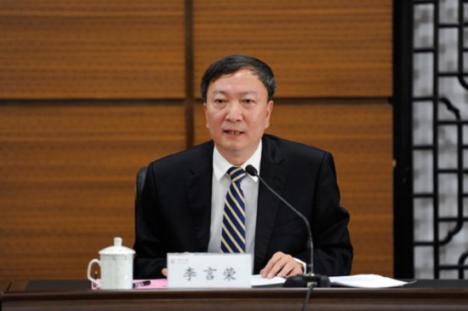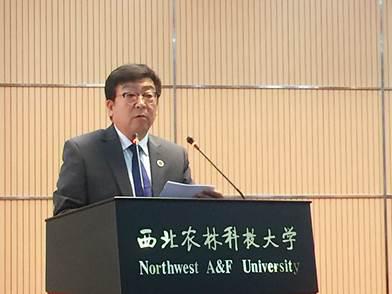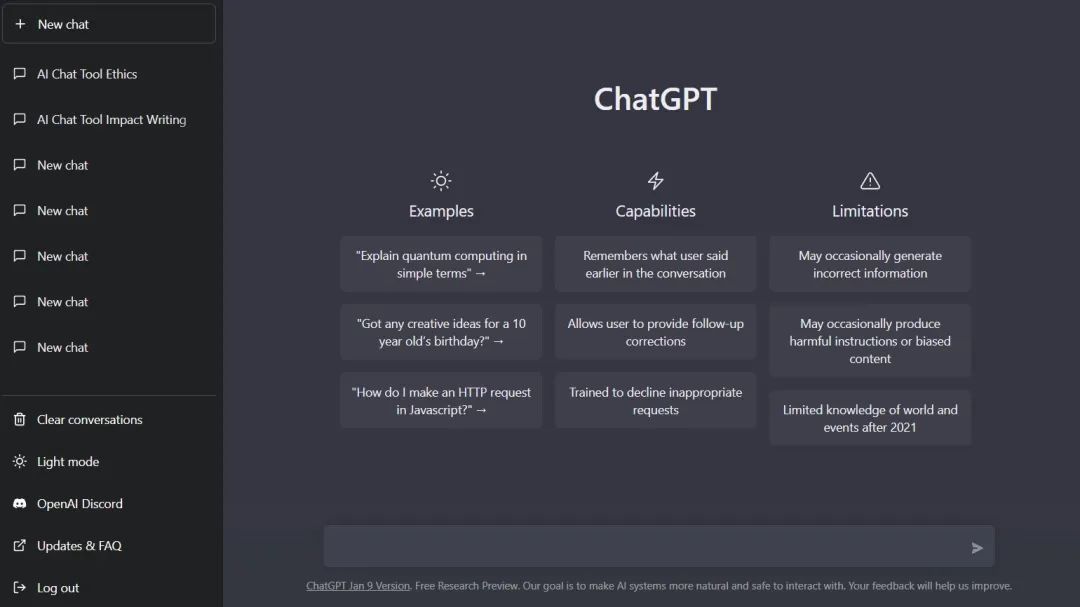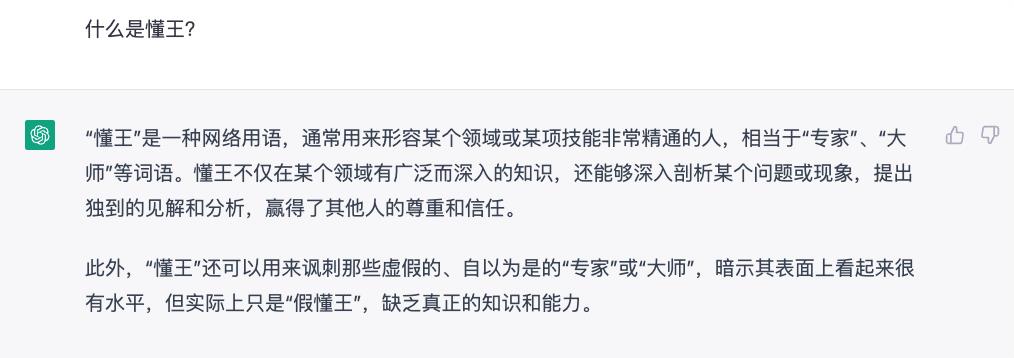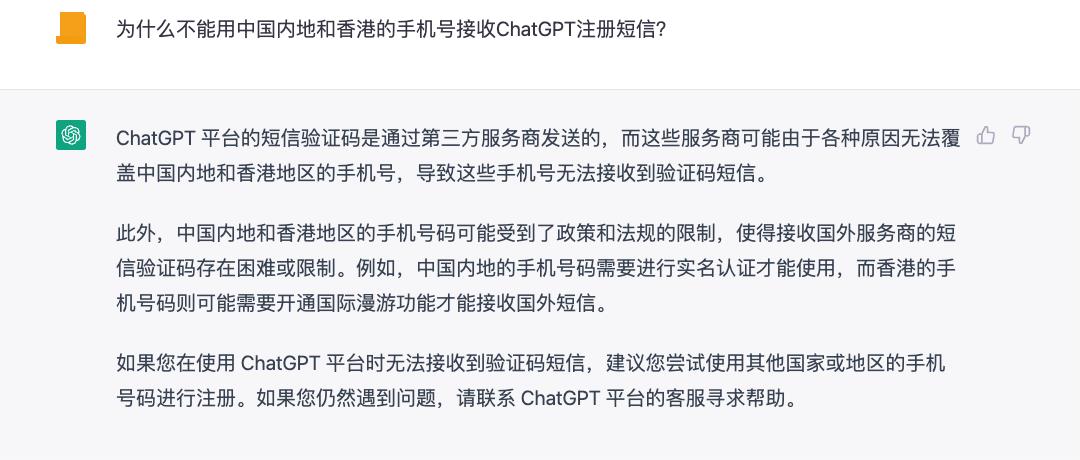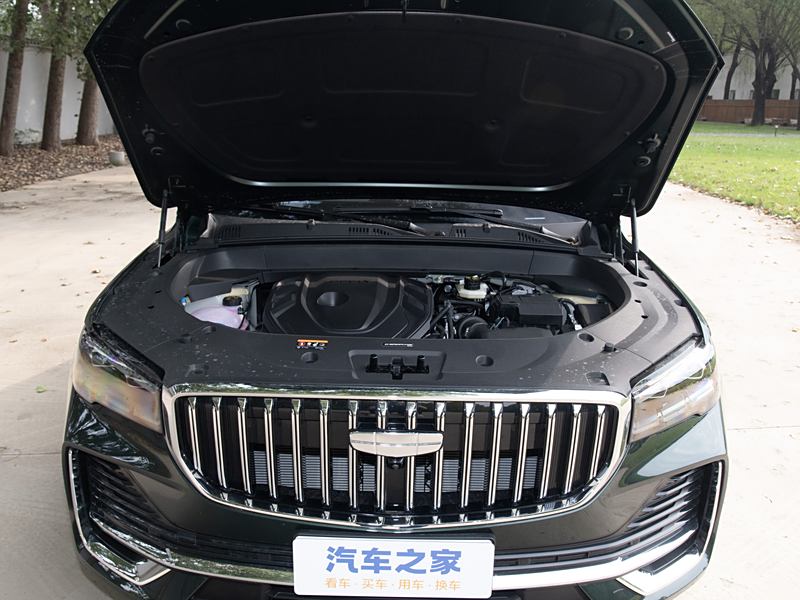On June 21st, "Golden Lens Night" was held in Beijing. At the meeting, Knowing Car Emperor announced that it will invest 800 million cash and 100 billion traffic in the coming year, and support the output of high-quality car content to the greatest extent from multiple dimensions such as content production, traffic distribution and commercialization, so that creators can have money to create, so that high-quality creation can earn money and jointly create the world’s best car content ecology.
On the same day, the exclusive studio of Know Car Emperor jointly created by Know Car Emperor and global creators was officially launched. The exclusive studio focuses on the unique perspective, in-depth production, objective and professional automotive content, and is open to global creators. At present, nearly 30 well-known Chinese and foreign automotive content creators have signed contracts. In the future, while presenting users with real, objective and professional automobile content, the exclusive studio of Knowing Car Emperor will join hands with global car experts to tell the world the story of China new energy vehicles.
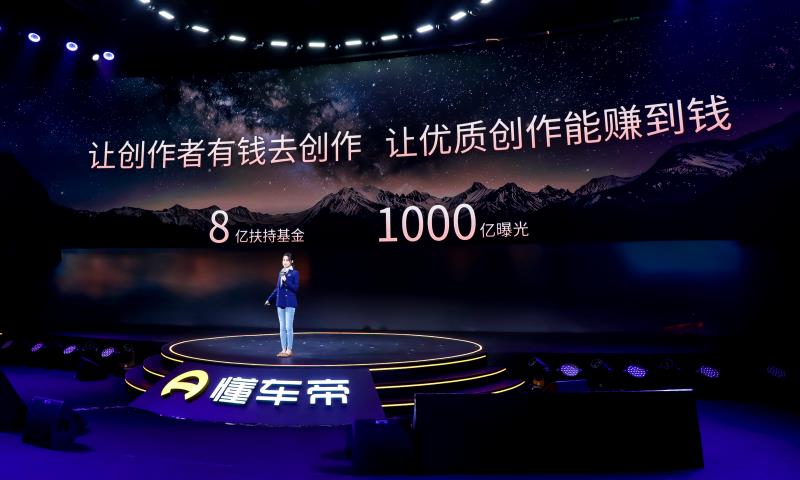
Ma Yijiao, who knows the creator operation of Chedi, shares the creator support plan.
500 million content encourages 300 million to realize support and let good content return to C position.
"This is an era in which high-quality car content is still scarce," said Ma Yizhen, the creator of the car emperor. In the past year, users have spent more and more time watching the content of the car emperor, and the viewing time of real evaluation and in-depth experience content has continued to grow. At the same time, however, marketing content is also occupying the living space of high-quality content. Creators are faced with various pressures such as creative environment, funds and car sources, and users’ demand for good content is far from being met.
In order to make good content return to the "C position" and support the creation of high-quality content, Know Car Emperor will launch an all-round support plan from content production, traffic distribution to commercialization. In terms of content production, Knowing Car Emperor’s "Star Project" will provide 500 million content funds and 100 billion exposure traffic, providing core resources such as traffic, vehicle source, venue, production and publicity for exclusive contract authors, and escorting high-quality creation. In terms of content realization, Knowing Car Emperor’s "Focus Plan" will provide 300 million realization funds to provide creators with multiple income channels such as traffic sharing, transaction subcontracting, and realization of business orders, so that real content will not be bound by realization and credibility will be enhanced.
Ma Yiqiao said that for the 100 contracted authors who exclusively hatched the head of the "Stars Project", Knowing Car Emperor will open 10 tracks and 15 intelligent professional test sites in Beijing, Shanghai, Tianjin, Zhuhai, Ningbo and other countries, and will also provide mainstream TOP100+ hot new cars for sale, as well as a series of guarantees such as professional production, test methods and test tools to support creators’ creation. Facing the creators with moderate cooperation, we plan to open 350 models this year and invest nearly 100 million incentive funds to create exclusive content. In addition, for lightweight partners, regardless of the size of fans, as long as they meet the requirements for publishing the content of the car number, they can share 30 million exclusive incentives.
In view of the creator’s realization, Ding Xiao Fang, the person in charge of Know Car Focus products, introduced that Know Car Focus, as a one-stop platform for talent matching and content marketing in the automobile industry, will provide more opportunities for the exclusive PGC and contracted authors to realize their realization, so that creators can stick to their original intention of creation and get greater returns through better content. In the future, the car owner will divide the online content traffic into various modes such as CPS sub-commission, help creators to enrich the channels of realizing cash, help free creation, "return the traffic value to the creators and share the transaction income with the creators".
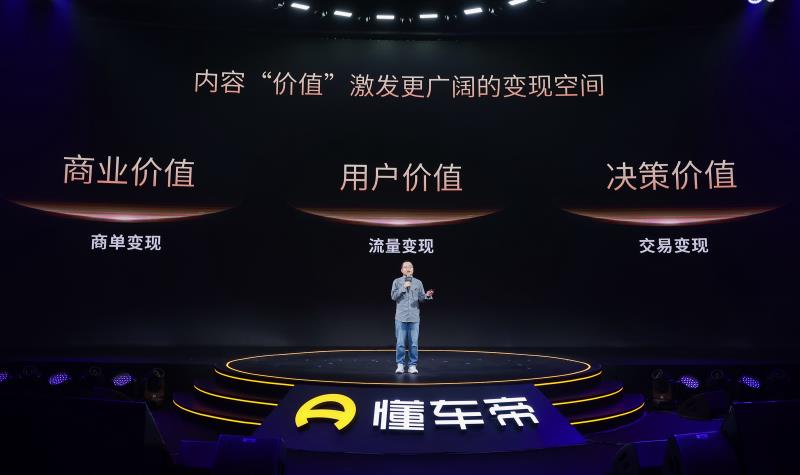
Ding Xiao, the person in charge of knowing Che Di’s concentrating products, shared the realization support plan.
It is understood that in the past year, the number of car content creators who know Chedi increased by 78% year-on-year, and the number of people who realized it increased by 6 times. 80% of active creators in the automotive field are aware of the content released by Chedi. With the announcement of the "Star Plan" and "Focus Plan", the more users like and buy more useful content, the more exposure and income they will get from knowing Car Emperor, and finally, through the support of funds and traffic, "let creators have money to create and make money from high-quality creation."
Understand that the exclusive studio of Che Di was launched, and the first batch of nearly 30 creators completed the signing.
As an important part of creating a global high-quality car content ecology, the exclusive studio of Che Di was officially launched at the "Golden Lens Night" event site. The exclusive studio content was jointly launched by the car-savvy emperor and global creators, who came from different countries such as China, Europe and North America, and also included cross-border authors in the fields of science and technology, digital, knowledge and finance. From the content point of view, the exclusive studio will include various types of high-quality content such as quality and safety, car knowledge, professional measurement, car culture, etc. Among them, the first batch of programs focusing on car safety have been launched on the car emperor App.
At present, nearly 30 famous domestic creators, such as Car Log, Adam Huang Linyi, Infinite Love, Su Xinghe, Factory Director Wang, and overseas head creators Sean Lee and Afshin Behnia, have become the first batch of contracted authors for exclusive studios. Ma Qinghua, a well-known racing driver, said at the launch ceremony that he will be the ambassador of automobile culture promotion who knows the car emperor in the future, and bring the most professional automobile science content to users in the whole network. Sean Lee, an overseas creator, said: "I am very happy to be the first signing author. In the future, I hope that more people will pay attention to the automobile culture through co-creation with the car emperor." In the future, through the series of "Overseas Authors Watch China Cars", knowing that the exclusive studio of Chedi will bring a new perspective to domestic users and also tell the story of China’s new energy vehicles overseas.
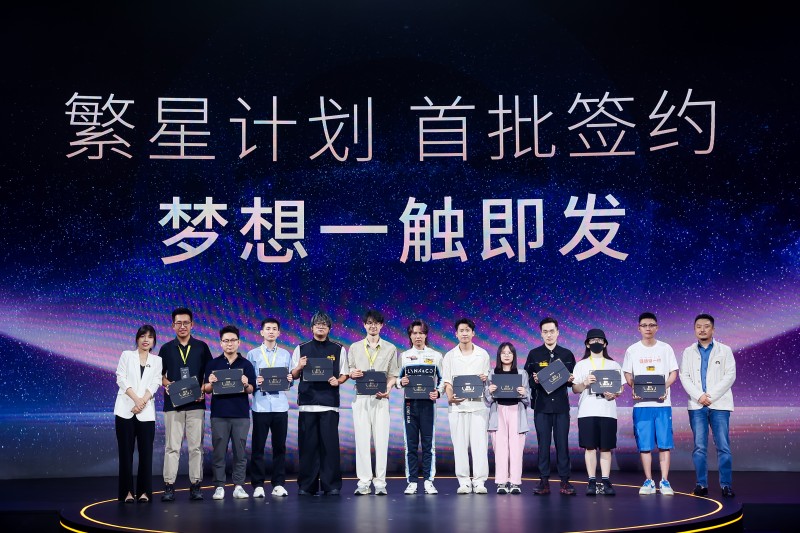
The first batch of signing authors who understand the car emperor’s star project
On the same day, the "Golden Lens Night" also held an award ceremony. This year’s "Golden Lens" has set up five awards, namely "Hot Peak, Safety Guard, Car Pioneer, Smart Frontier and Gold Word of Mouth", which are used to encourage car content creators who have made high-quality content in terms of content creativity, car safety and intelligent evaluation. A total of 30 creators won awards respectively.
"We hope that the best creators will gather to know the car emperor, and the best car content is in the car emperor." Ma Yizhen said that in the future, around the main dimensions of car safety, shopping, interest and technology, the exclusive studio of the car emperor will be linked with the global high-quality content creators to continue to create and become the world’s best car content gathering place.
